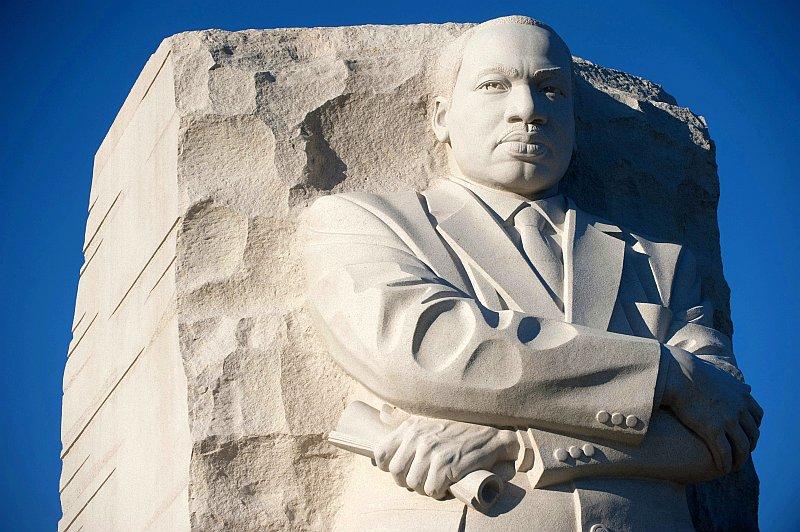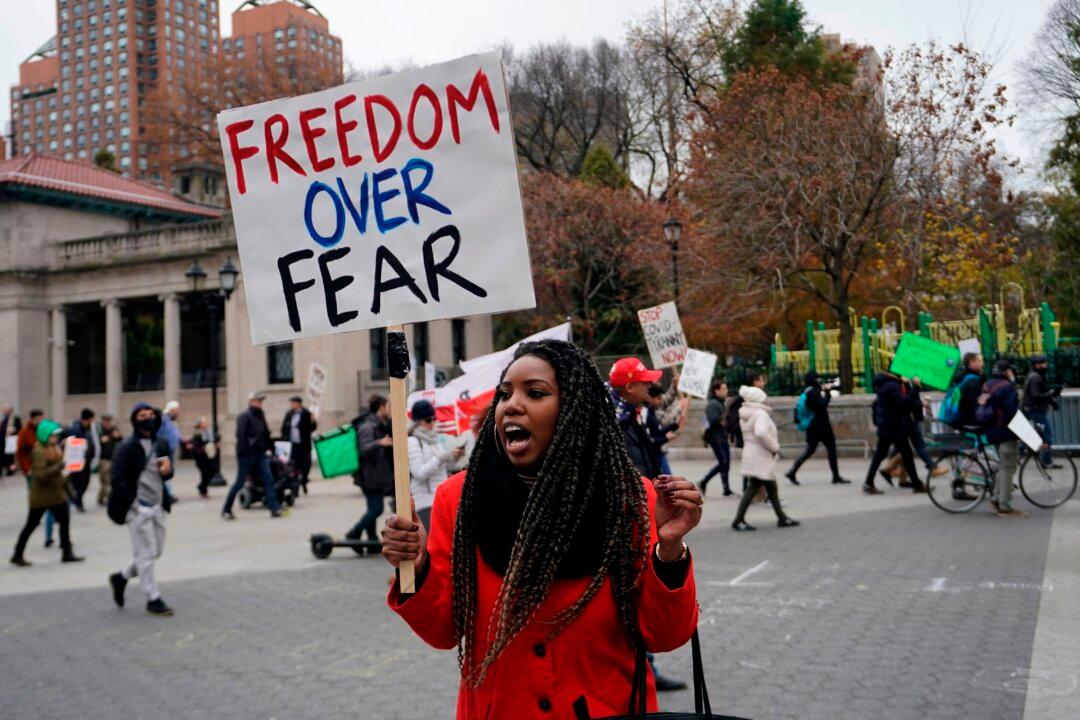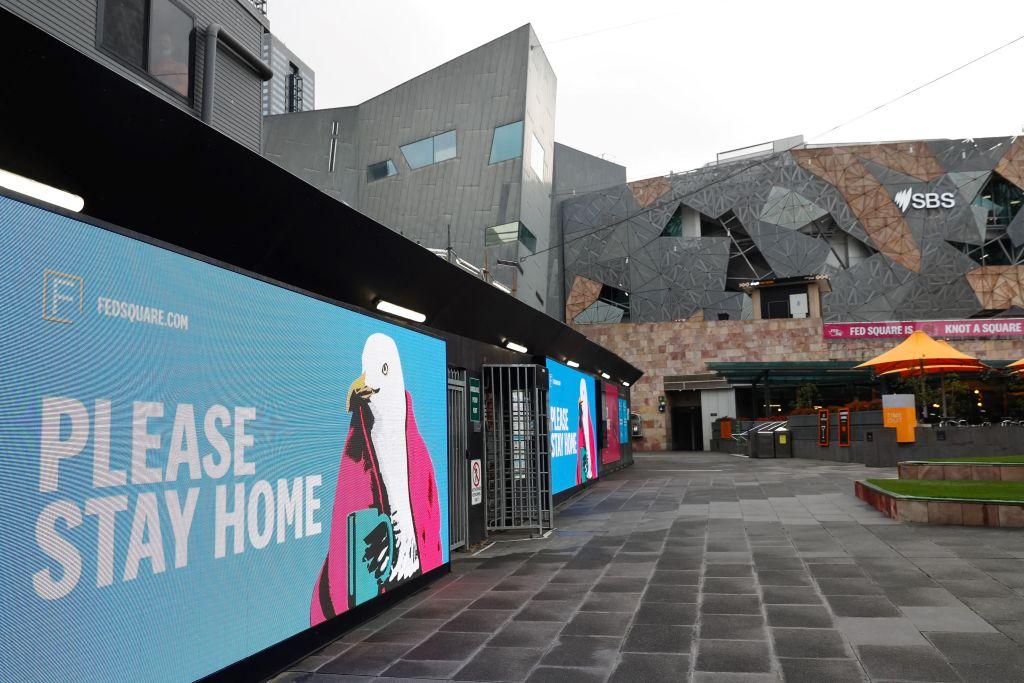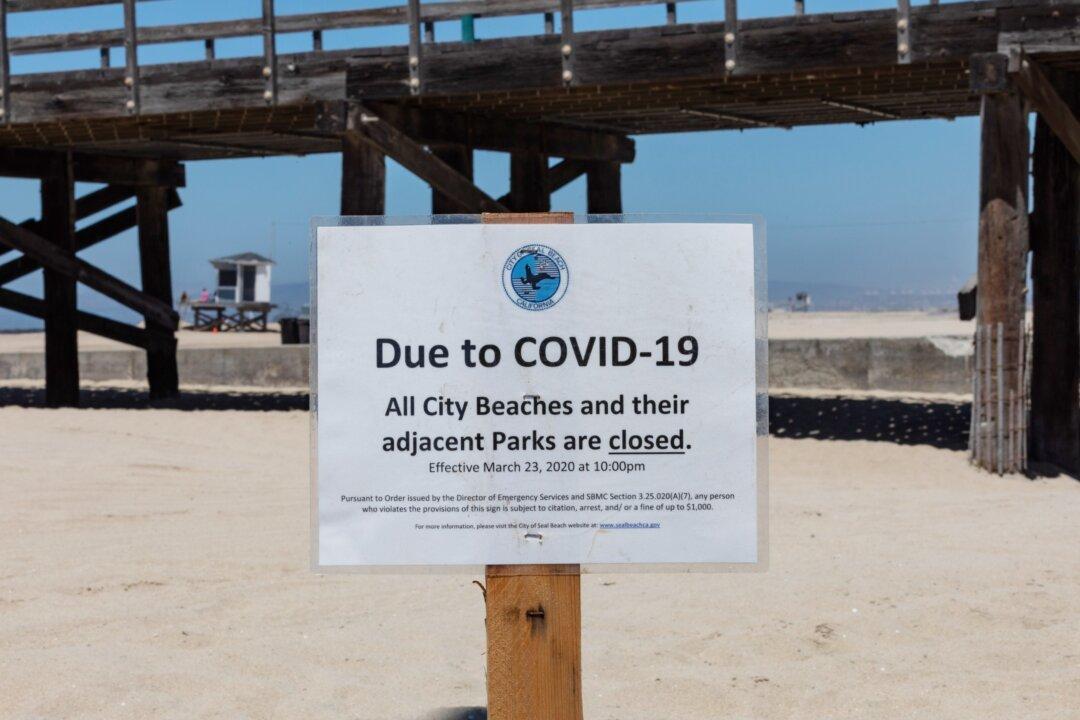Commentary
Many are surprised to learn that there’s a self-imposed neo-segregation spreading across America’s universities. Over the weekend, I appeared on “Fox & Friends” to discuss the rise of critical race theory, and the conversation turned to a recent controversy over racially self-segregated dorms on college campuses.





